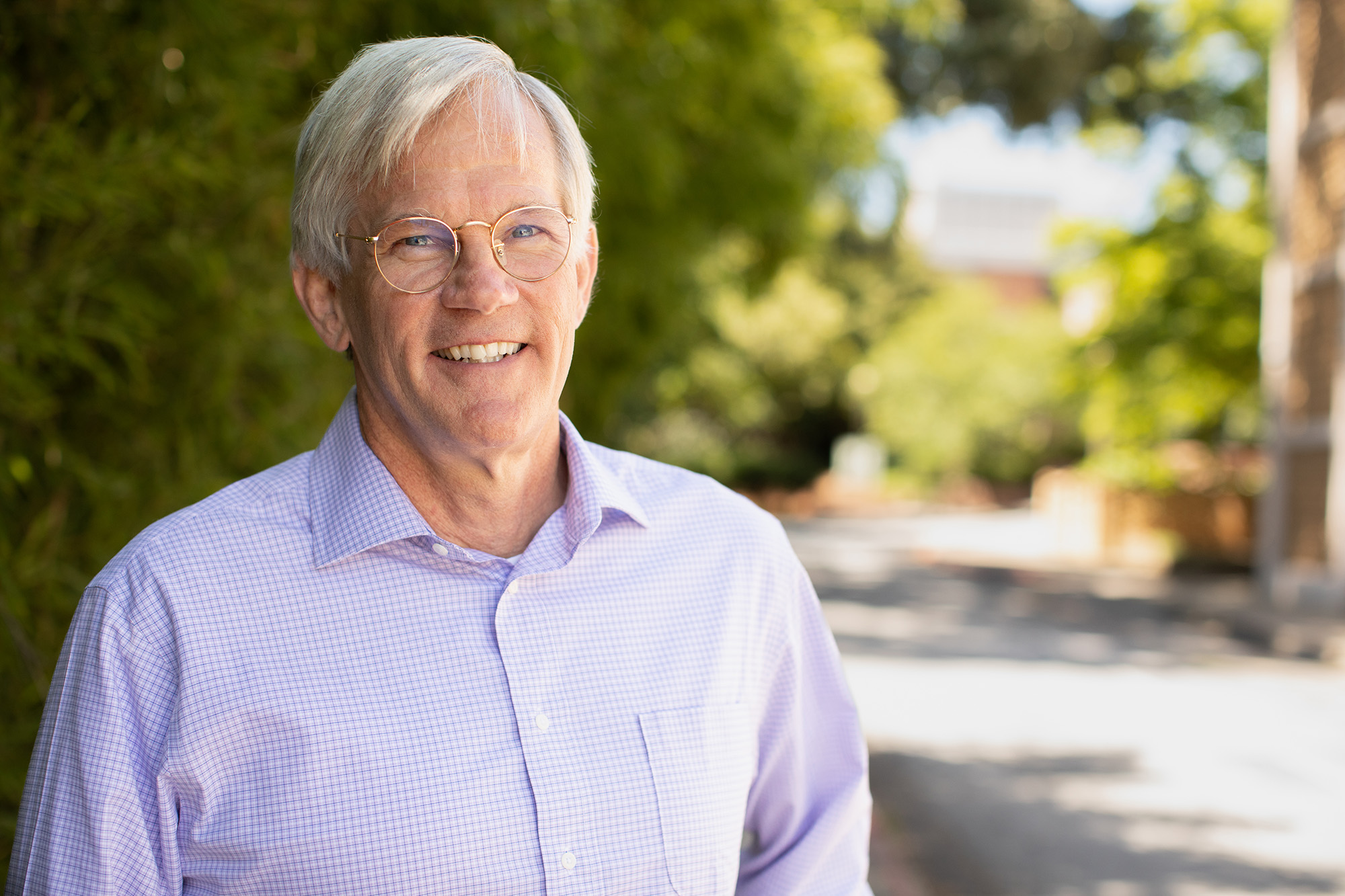
Statistical methods and statistical thinking are tremendous problem-solving tools. It is rewarding to bring them to bear to understand the world better, especially when (as is often the case) creativity and innovation are required.
Professor, Interim Head of Statistics
Statistics is concerned with extracting knowledge from data. It is essential for research and discovery in a huge range of disciplines. I am an applied statistician. Through my involvement in the UGA Statistical Consulting Center and other activities, I have collaborated with researchers in many different fields–from agriculture to veterinary medicine.
It is great fun to work on a new problem that I never thought about before; it could be related to mountain gorilla behavior, or elimination of invasive species, or human decision-making. The list goes on. Each new problem broadens my knowledge and provides new challenges to solve. Statistical methods and statistical thinking are tremendous problem-solving tools. It is rewarding to bring them to bear to understand the world better, especially when (as is often the case) creativity and innovation are required.
Working with students is the most rewarding aspect of my job! It is a great pleasure to meet new students, discover something about their personalities and academic interests, and to watch them grow over the course of a semester or, in many cases, over several years in a degree program.
It is a fun challenge to take a complex topic and make it accessible—or even intuitive—to a student who has never encountered the material before. When a student reaches the “Aha!” moment, it is gratifying to know that I have helped them get there. And when students’ express appreciation for me as a teacher or, in some cases, a mentor, there’s a great feeling of satisfaction.
Learning is not a passive endeavor. I believe that students learn by doing. But they also need resources, support, and a bridge from what they know to what I am trying to teach them. These days there are many readily-available resources from which students can learn nearly any subject. But as a teacher, I feel I have to add value to those resources.
I work hard to synthesize material so that it is digestible, coherent, and complete without being overwhelming. I try to deliver that content as clearly as I can while encouraging questions and engagement from my students. Then I construct labs, homework, and learning activities carefully; these are where the learning happens.
Challenging students to think and work, using my experience and expertise to deliver carefully crafted learning materials, and being responsive and accessible are all key components of my teaching.
Like all teachers, my approach and philosophy is shaped by my experiences as a student. I remember the great teachers that I had, but especially the poor ones. I remember courses that were disorganized, confusing, or unfair (sometimes all three!). I remember cases when the professor didn’t add any value and there was little reason to come to class. And I remember classes where I liked the professor or was entertained, but where I learned very little.
All of these negative experiences mold my teaching. I try to be organized, clear, and fair. I never simply recapitulate the textbook or lean on someone else’s version of the course material. And, while I like students and hope they like me, it is much more important that they become better prepared for future courses (or life) as a result of my course.
There are many specific things that hope my students gain from my courses, but most of all, I am happy when any student says, “You know, I learned a lot from that course.”
Dan Hall is Professor in the Department of Statistics at University of Georgia. He serves as Interim Head of the Department as well as Director of the UGA Statistical Consulting Center, a unit of the Department and a UGA core research unit. Dr. Hall received his undergraduate and graduate degrees at Northwestern University in his home town of Evanston, Illinois. After two years of post-doctoral work at the University of Iowa, he joined the University of Georgia Department of Statistics in 1996 and has remained at UGA ever since.
Dr. Hall is an applied statistician with interests in longitudinal data analysis, mixture models, zero-inflation, statistical education, and statistical collaboration. He is author/co-author of over 75 peer-reviewed publications on topics in statistical methodology and many other areas of academic inquiry including environmental health, nutrition science, pharmaceutical epidemiology, forestry, psychology, and other fields.
